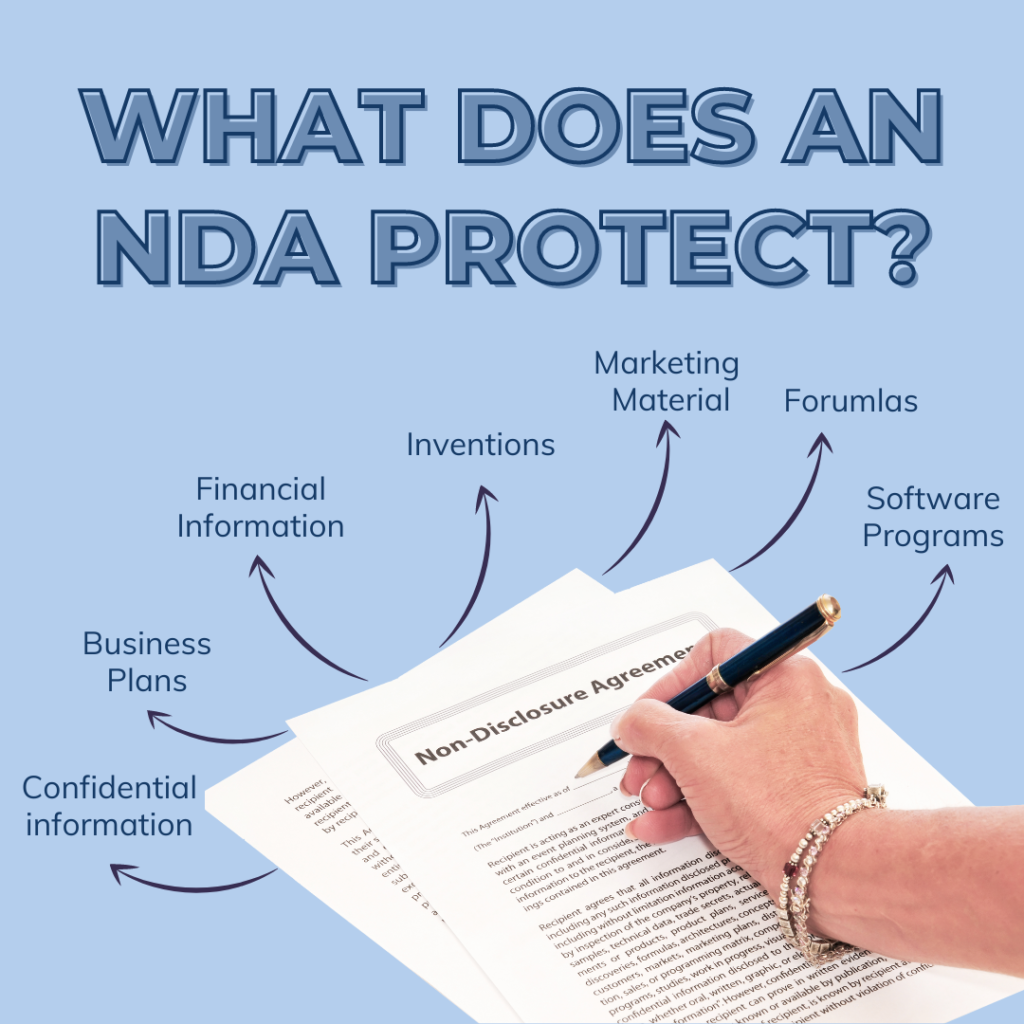Creative ideas are on display all around us—they may include the process that fuels a business’ growth and development, the idea positioning a marketing campaign, a piece of art, or the concept behind a YouTuber’s brand. Creative ideas are also known as intellectual property (IP)—anything intangible that a person creates using their mind that is transformable into tangible things. Literary works, secret formulas, images, procedures, and designs are also forms of IP.
IP can be converted into profitable commercial products, which makes it attractive for theft and misuse by others. The situation is complicated by the rise and pervasiveness of the internet, which allows perpetrators to more easily access and reproduce IP. With the guidance of your internet business lawyer, consider one or a combination of the following protective measures to safeguard your intellectual property.
Register Your Intellectual Property Through Copyrights, Patents, and Trademarks
Intellectual property owners can safeguard their works from theft and infringement by registering copyrights, trademarks, and patents with the appropriate federal agencies. Federal registration provides legal protection that solidifies your claims to IP rights should you have to go to court.
Copyrights
Copyrights grant creators of original literary and artistic works the exclusive rights to their use and prevent use by other parties. Original novels, poetry, and art are different types of works that are copyrighted. For works to qualify for protection, however, they must be in tangible form. Creators can register copyrights with the United States (US) Copyright Office; protection lasts up to 70 years after a creator’s death.
Trademarks
Trademarks can be an individual or company’s symbol, brand name, logo, colors, shape, or fictional character. Using your trademark in trade statewide or nationwide gives you automatic though limited protection, as the trademark is associated with your product or service. However, registering your trademark with the US Patent and Trademark Office will make it easier to defend your trademark rights in court.
Patents
Patents fall into two categories—design patents and utility patents—and are granted by the United States Patent and Trademark Office (USPTO). Design patents protect how a utilitarian object looks, while utility patents protect physical items, including a physical item’s composition, processes, and systems. Each type of patent grants the inventor exclusive use of the creations while barring others from using them.
Patents are typically granted based on which creator is the first to file and meet the requirements of the USPTO, unless another creator can prove that their invention was the first to be created. IP creators are therefore encouraged to retain as much detail as possible on their IP creations, including dates.
Design patents offer 15 years of protection, while utility patents offer 20 years of protection from the date of application. Once a patent expires, other parties have the opportunity to benefit from that invention. Creators should bear in mind that patents registered in the US can only provide protection in the US. Thus, inventors must secure patents outside the US to protect their inventions in other markets.
Use Digital Rights Management Systems for Your Intellectual Property
The internet makes it easy for individuals to access and share data online. When done without authorization, content creators risk losing revenue and other significant benefits. Digital rights management (DRM) is a means through which digital content creators can prevent unauthorized use and distribution of their material. DRM uses technology to restrict access to and use of content published on the internet. Transcription codes prevent parties from copying and sharing material, for instance, or visiting a page more than once.
Prepare a Non-Disclosure Agreement for Your Intellectual Property
In instances where creators must work with others on their creations, non-disclosure agreements (NDA)—also known as confidentiality agreements—can protect IP. NDAs are agreements in which signatories agree that certain information will remain a secret. Once an individual signs an NDA, they are legally prohibited from discussing information protected by the agreement with an unauthorized party. Agreements are legally binding and, as such, should be prepared with the input of an experienced lawyer.
Manage Infringement Risks Online
Operating online puts your creative ideas at great risk of infringement. Effectively manage those risks by allowing our experienced internet lawyers at RM Warner Law to help you. Call us toll-free at 1-866-570-8585 to speak with one of our internet lawyers or book a consultation via our online platform.






Leave a Reply
Your email is safe with us.